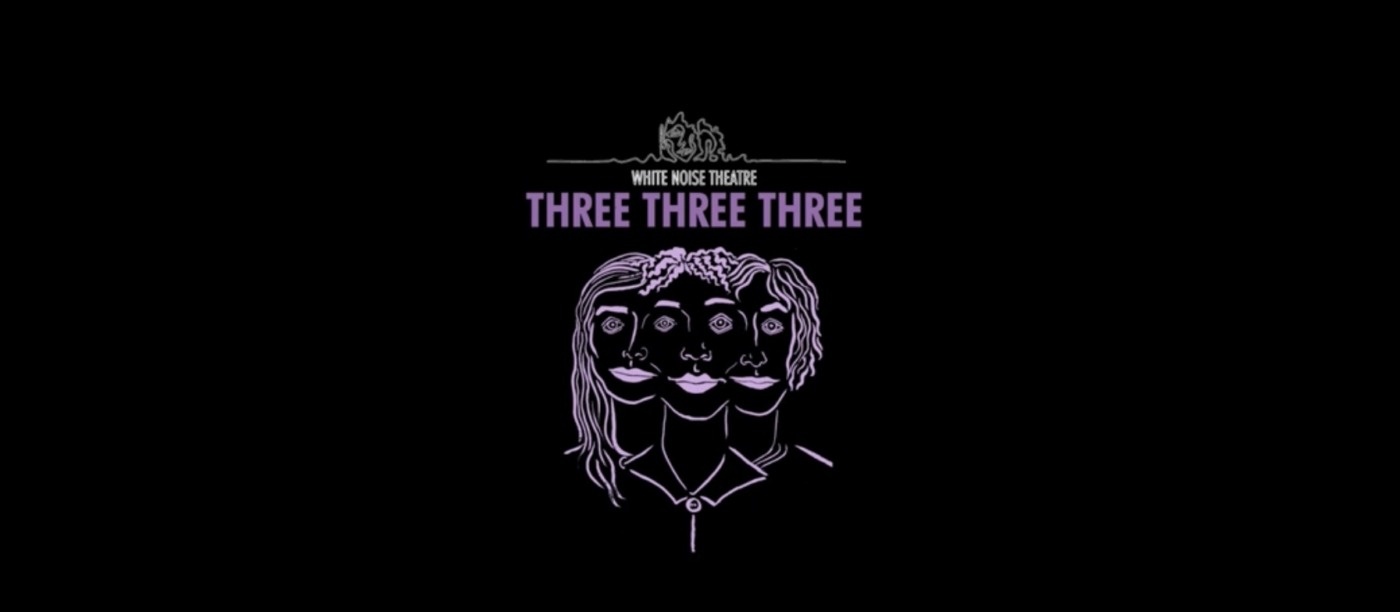An Interview with the cast and crew of ‘Three, Three, Three’
I interviewed the cast and crew of Three, Three, Three, a new and exciting addition to Warwick’s student theatre scene; and a welcome theatrical venture in a time when theatre is struggling more than ever.
What is your radio play about?
Rebecca: Our play is a loose adaptation of Sylvia Plath Three Women; focusing on the struggles of three call centre workers making their way through their shift, three three three is a radio play of three interlacing monologues: written and performed by women. It could change their lives forever. The play is about the female experience, the performance and falsity that it can bring through the lense of these phone conversations. It’s about everything and nothing.
How did the idea come about?
Rebecca: The idea came about when we were brainstorming the kinds of settings that aren’t immediately obvious as areas of performance. We thought of the call centre and realised the potential for fourth-wall breaking, and we just knew that the framing device would work excellently as a radio play.
What inspired you?
Meg: I loved the idea of working from scratch with just Sylvia Plath’s Three Women as a starting point. Our research and the writing process covered so much ground, from women who inspire us and our favourite pieces of feminist work to what it means to us to be a woman in today’s world.
Em: I’ve always wanted to write a play but have never really had the guts, so when the opportunity came up to be involved in collaboratively writing a play I thought I must get involved!
Robyn: For me, one of the things I found most inspiring about Three, Three, Three was the way rehearsals were run – there’s something particularly powerful about feeling heard, and I always felt listened to, and that my feelings were valid in rehearsals; which created an amazing, safe space where we could all create something really special. I was super nervous before starting the project as I really respected and admired everyone involved, and still do, but the encouragement and guidance I received whilst working on my monologue not only helped to boost my confidence, but also gave me the invaluable opportunity to grow as both a performer and writer. I’m so proud of what we created together.
Em: Performing the words that we wrote was so incredibly liberating and felt like a full circle had been completed, and I cherished listening to the brilliant work of Megan and Robyn and was truly amazed by what they created. I think the show we created is a true testament to how the arts can and will continue, even in this horrible period of time.
Meg: The whole process was empowering and a load of fun and I am so proud of the characters we created and the journeys they went on. The whole cast and crew put so much love and work into the process and it was a privilege to be able to help it all come together!
How has Covid affected your play? How did you work around it?
Selwin: Rebecca and I came up with the idea for the play with full knowledge that we may not be able to do any of the writing, rehearsals, or even recording in person. This was strangely freeing because it gave us a template for which we could create anything: we’d rehearse and chat on Zoom, write the show in our free time and record it once the play was ready and around whatever restrictions there may be by then.
Madelaine: We ended up recording it in a make-shift studio of blankets and pillows in my room. It wasn’t ideal, but it was fun to see each other in person for the first time, even if it was through masks and two metres apart. Working out the little niggles of recording safely was a challenge, but it was so worth it in the end because we were able to achieve consistent sound quality by recording on the same day in the same room, obviously at different times!
Selwin: I think from a creative point of view, the fact that writing and rehearsing via Zoom would be harder to create dialogue, we really stuck to the idea of having three interlacing monologues, like Sylvia Plath’s radio play Three Women which inspired us to make a digital show. The subject matter as well, having all three women work in some form of call-centre job was heavily influenced by the fact that we had to go digital; we knew that voice would be an important component to the piece because it was digital, and as we moved more into the form of a radio play, we felt that the setting of a callcentre owed well to the audience’s experience of having someone speak into your ear. We worked with the restrictions and safety and used it as a frame for us to work with rather than something that limited our creativity.
How can we listen?
Madelaine: The show is up in audio only form on Spotify and Apple Podcasts. If you need subtitles for the show, our video on YouTube is completely captioned. To find any of these, just search either ‘Three Three Three’ or ‘White Noise Theatre’.

Comments